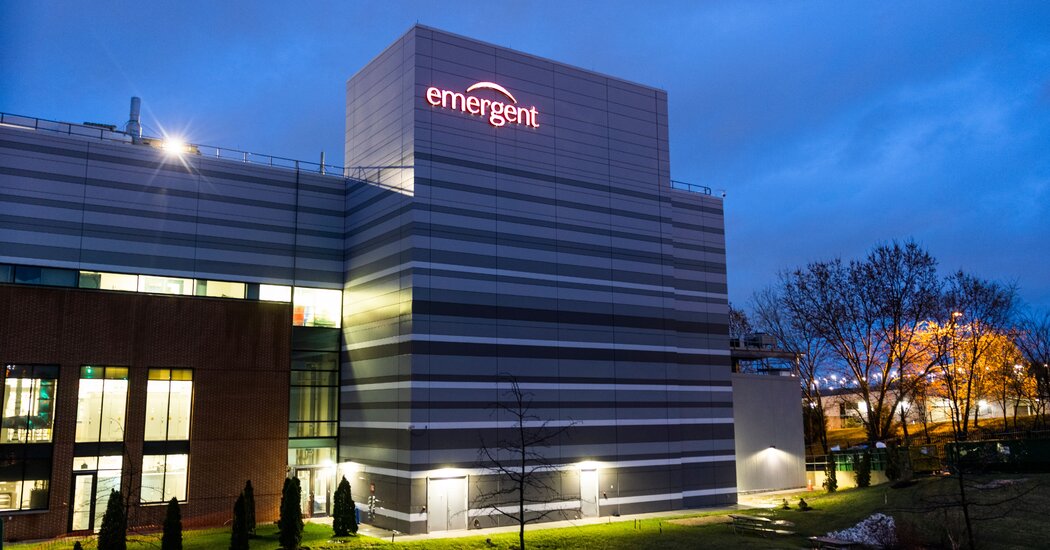But both the company and the government knew it was a dicey proposition.
In April 2020, a month before the Warp Speed agreement was finalized, FDA inspectors identified problems with quality control at the Baltimore plant, including that “separate or defined areas to prevent contamination or mix-ups are deficient,” according to the House report.
Confidential audits obtained by The Times last year showed that Johnson & Johnson and AstraZeneca — as well as the division of the Department of Health and Human Services that oversaw Emergent’s contract — all found deficiencies in the summer of 2020. That June, the month after the agreement with Warp Speed was signed, a top pandemic-preparedness official warned that relying on the Baltimore plant would present “key risks” and that the site would “have to be closely monitored,” The New York Times reported.
Internal emails obtained by the House investigators show that Emergent executives were deeply concerned about those findings. Sean Kirk, who ran the company’s manufacturing operations, wrote in a June 2020 email that he had alerted other senior executives “for a few years” about problems at the plant, writing that “room to improve is a huge understatement.”
In another email, which he wrote to Robert Kramer, the company’s chief executive, Mr. Kirk said, “Of all the things we have to deliver on OWS,” referring to Operation Warp Speed, “the thing that keeps me up at night is overall perception of state of quality systems at Bayview.” Mr. Kirk has since left Emergent.
Outwardly, though, the company maintained it was ready. But by the fall, the House report shows, Emergent’s own concerns about quality were mounting in advance of a visit to the plant by FDA officials.
Before the inspectors arrived that September, a senior quality director warned executives that it would be critical to convince the agency that rapid improvements were underway. The director wrote that the company was “not in full compliance yet” but added: “we are making batches NOW.”
In November 2020, one outside consultant to Emergent laid out the stakes in stark terms, noting that the firm was deviating from Current Good Manufacturing Practices, or CGMP.
